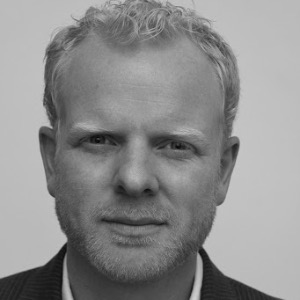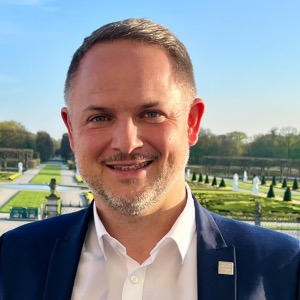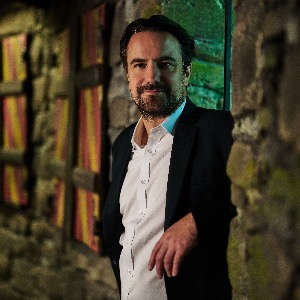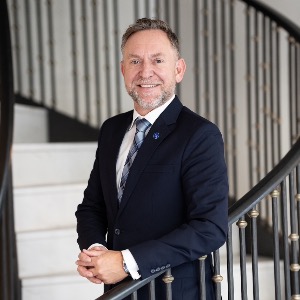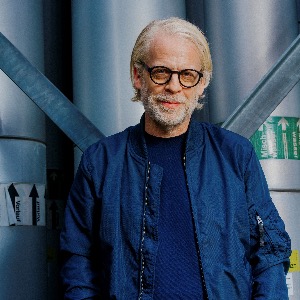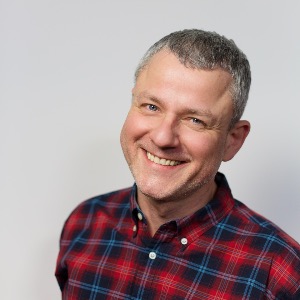
Erwin Feldhaus is an entrepreneur, investor and international Non-Executive Director and advisor. His portfolio includes his practice focused on leadership and business transformation, a software business dedicated to asset management and advisory in venture and M&A. He has held senior executive roles across Europe and the Americas, leading turnarounds, restructuring, and international expansion in industries ranging from aerospace and advanced materials to SaaS and government trade promotion.
A graduate of RWTH Aachen (MSc Mechanical Engineering) and INSEAD (MBA), with further executive education at MIT Sloan and INSEAD, he is also an ICF-accredited executive coach. Fluent in English, German, French and Spanish, Erwin co-founded Abeja Productions, a theatre and film company dedicated to “changing the world, one story at a time.“
Innovation, Leadership, and Cultural Storytelling in Europe
With your role as Venture Partner at Loyal VC and experience guiding founders, what do you see as Europe’s biggest strengths and challenges in nurturing globally competitive startups especially in light of Eurostat’s recent data showing modest but steady economic growth in the EU?
Europe has clear strengths. Its diversity creates complementary entrepreneurial ecosystems, with world-class universities and research institutions feeding innovation. Traditions like the German Mittelstand or the Northern Italian industrial clusters show the strength of entrepreneurship embedded in local economies. European companies are often international from inception, giving them a head start in expanding globally.
Challenges remain. Administrative complexity and the “cost of non-Europe” documented by the European Commission hold back scale. Cost structures in Europe are higher, meaning productivity must compensate. Access to capital is another barrier: compared with the US, Middle East or East Asia, European capital tends to be more conservative. As a result, some European founders choose to relocate to regions where risk capital is more easily available.
Your career has bridged public, private, and non-profit sectors across different cultures and industries. What lessons have you learned about contextual leadership, and how can leaders best adapt their style when working with international teams and stakeholders?
I see leadership as contextual. Having worked with governments, corporates, family businesses and start-ups across Europe, the Americas and beyond, I’ve learned there is no one-size-fits-all model. The same holds true even within a single organisation: decisions must be taken in light of the specific context. Practices that succeed in one setting can fail in another if applied mechanically. It is easy to criticise actions when stripped of their context, but sustainable change requires careful adaptation. Leaders must therefore cultivate situational awareness, listen deeply, and adjust their style to culture, timing and circumstances rather than relying on a static toolkit of “best practices.”
Abeja Productions frames its mission as “changing the world, one story at a time.” In your view, how can cultural storytelling through theatre and the arts serve as a form of diplomacy, building bridges between societies at a time when politics often divides?
The arts create dialogue where politics often builds walls. Storytelling allows complex issues to be explored in human terms, inviting empathy rather than polarisation. We recently saw in popular culture – for instance in the debate triggered by Jimmy Kimmel’s remarks how artists can provoke meaningful public conversation. In theatre, this potential is even stronger: audiences share a live experience that can open perspectives across divides. Cultural exchange through the arts complements diplomacy by building understanding and trust at a human level. At Abeja Productions, our aim is precisely that to use stories to connect people who might otherwise remain separated.

